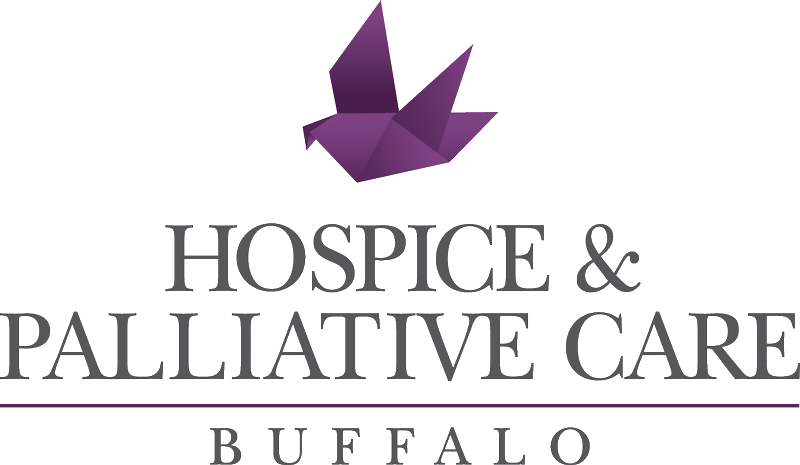Hospice doc readies for film festival tour on dreams at end of life
Hospice doc readies for film festival tour on dreams at end of life
By Tracey Drury – Reporter, Buffalo Business First
Though he usually works in the background, focused on families and patients for end-of-life care, Dr. Christopher Kerr is getting ready to be in the spotlight on the international film festival circuit.
He will play a starring role, helping to promote a documentary that chronicles a decade of work that explores the end-of-life experience, as observed by him and his colleagues at Hospice Buffalo.
Kerr’s book on the subject, “Death is but a Dream,” is set to be published in February and explores dreams and visions that bring comfort to the dying as death nears. The book is based on interviews with more than 1,400 patients who recount a series of experiences, including past relationships, meaningful events and themes of love and forgiveness.
Kerr is chief medical officer and CEO of the Center for Hospice & Palliative Care, parent company of Hospice Buffalo. A native of Canada, he joined Hospice Buffalo in 1999. He began his research into end-of-life dreams in 2001 after hearing common themes from colleagues.
“There’s a physical dimensionality to dying and subjective, experiential experiences, but when we think of illness, we tend to focus only on the physical and objective: measuring blood pressure, doing labs,” he said. “I was taken aback by what everyone said was happening.”
He found there was nothing in the medical literature about these experiences, though it was covered in the humanities. A few years later, he returned to the topic with researchers at Hospice Buffalo, who had patients complete questionnaires on their dreams every day until death over the course of days, weeks or months. Kerr and staff also filmed interviews with permission from patients and families.
The research was published in the Journal of Palliative Medicine with little fanfare. It was only later when people outside medicine began to take notice.
Stories on the hospice research eventually were picked up by Scientific American, Psychology Today, the Atlantic, Huffington Post and the New York Times and as far away as Chicago, London and South Korea.
Kerr’s TedXBuffalo program has more than 2 million views online.
“Literally every week I am contacted by someone around the world,” he said. “So many people have had these experiences. People have had this or seen this in their lives, yet it’s never been validated. The medical community didn’t really embrace it at all, but for the people who actually are experiencing or caring for people, it resonated enormously.”
The work has also made Kerr a magnet for people focused on out-of-body experiences and the afterlife. He is adamant these are not his areas of interest or expertise.
“There’s a temptation, naturally, to interpret this religiously or in a paranormal context — and this isn’t any of that,” he said. “We are just capturing death and dying through the words and experiences of people going through the dying process without speculating on what it means after death.”
He spent 18 months writing the book, then took it to auction in New York City where five major publishing houses battled for it over five days. Penguin Random House won, and the book was later purchased by 10 international publishers that will translate it into such languages as Chinese, German, Romanian and Arabic.
A documentary film by the same name followed and was submitted to 40 film festivals. After winning Documentary of the Month in Barcelona, it’s guaranteed a spot in the Barcelona Film Festival. Kerr said he hopes to make it into Sundance or Tribeca.
“I think people realize the topic resonates,” he said. “People have written books about this but they were more anecdotal. This was the first evidence-based (work), validated to give it vigor.”
Though the book rights are owned by Kerr, Buffalo Hospice will benefit as people around the world hear about the research that comes out of this local health care organization.
“We have international attention from this and that matters,” he said. “One of our pillars is education and advocacy, and in as much as that meets one of our missions, this has value. It gives us visibility that we’re progressive, at the forefront.”
